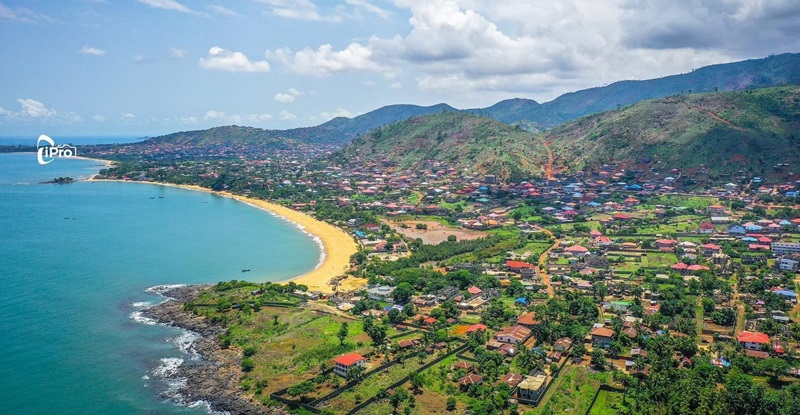Sierra Leone, a West African country with a history of economic instability, faces significant social consequences due to these financial difficulties. A large portion of the population suffers from severe poverty and unemployment, resulting in poor health, limited educational opportunities, and increased susceptibility to exploitation and violence. Women and children are particularly impacted by these economic struggles.
The origins of Sierra Leone’s financial instability are rooted in its history. The nation experienced a devastating civil war from 1991 to 2002, which severely damaged its infrastructure and economy. Post-war reconstruction has been hindered by corruption, poor governance, and inadequate public services, which have left lasting effects on economic development.
Several economic factors contribute to Sierra Leone’s financial instability. Despite economic reforms and aid, Sierra Leone remains one of the world’s poorest countries, with about 60% of its population living below the poverty line. This widespread poverty makes it difficult for many to access basic necessities and financial services.
Unemployment and underemployment are major issues, especially among the youth, worsening financial instability and limiting economic opportunities. The population also faces inadequate healthcare, poor educational opportunities, and insufficient infrastructure, all of which hinder the overall quality of life and economic mobility.
Limited access to financial services is another significant challenge. Many people lack access to formal banking and financial services, preventing them from saving, borrowing, or investing, which further entrenches financial instability. The economy’s dependence on a few key sectors, such as mining and agriculture, also adds to the instability. Fluctuations in global commodity prices and challenges in managing natural resources affect the mining sector’s stability, while agriculture is highly susceptible to climatic conditions and market changes.
The Sierra Leonean government has introduced various policies to address financial instability, including economic reforms, anti-corruption measures, and social protection programs. However, effectively implementing these policies remains a challenge due to systemic issues like corruption and weak institutional capacity.
International organizations and donors have provided crucial financial aid and technical assistance, focusing on education, healthcare, and infrastructure development. However, sustainable progress requires more than external support; effective domestic policies and governance reforms are essential.
Tackling financial instability in Sierra Leone requires a comprehensive approach. Economic diversification, expanding access to financial services, enhancing transparency, combating corruption, and investing in education and skills development are vital. Expanding social safety nets and support programs can provide a buffer against economic shocks and improve overall resilience.
Despite significant challenges, targeted interventions and comprehensive strategies can improve financial stability in Sierra Leone. The current government’s efforts must be strengthened, and fiscal management must be improved to effectively invest in critical services. By addressing these challenges, Sierra Leone can build a more inclusive and resilient economy.












The only solution is for clueless ‘Murderer Bio’ to vacate office full stop.